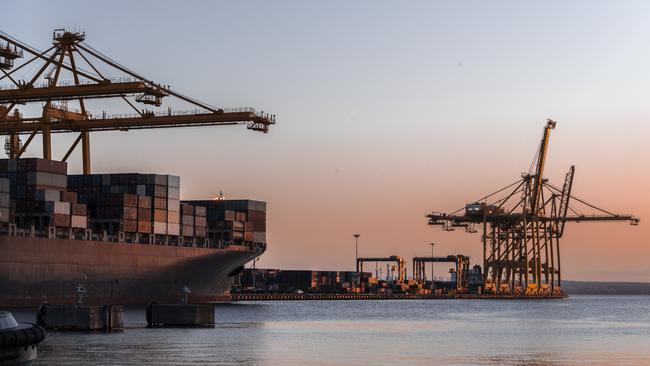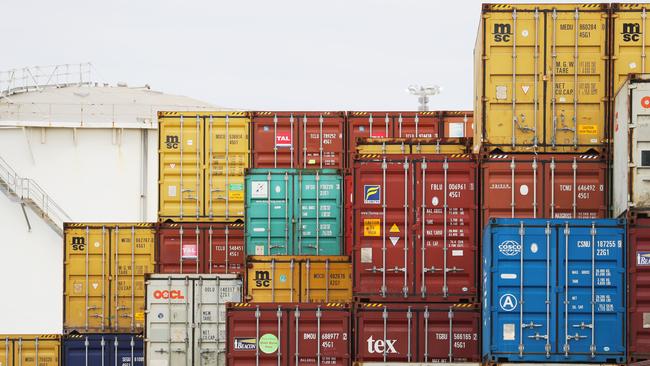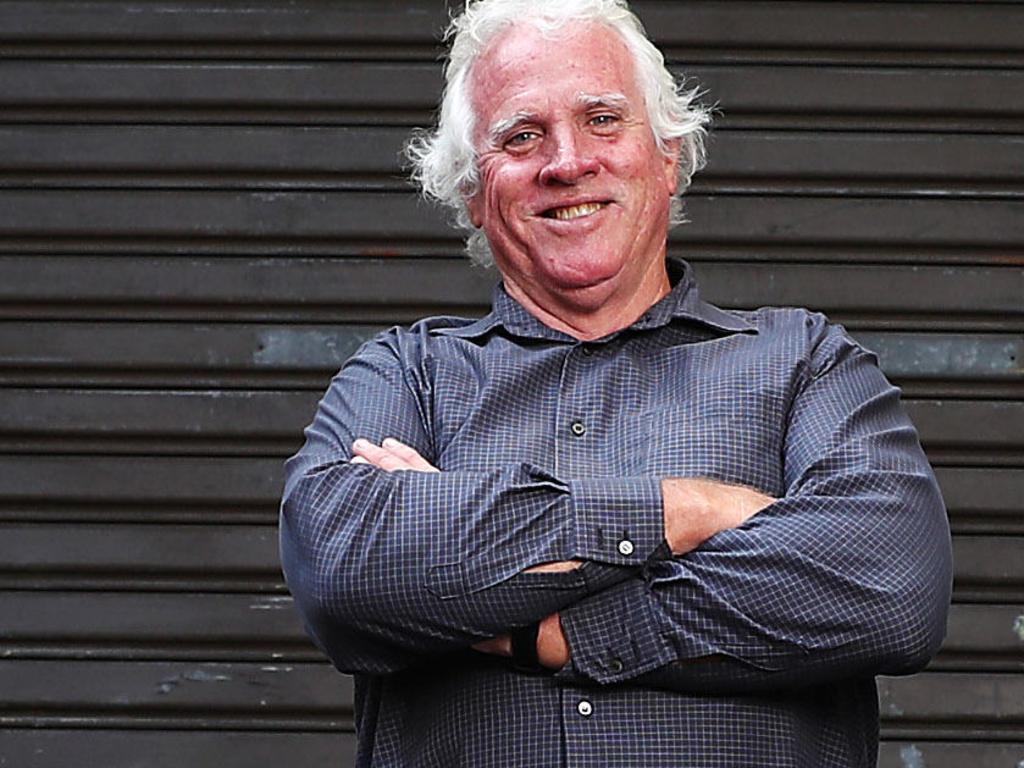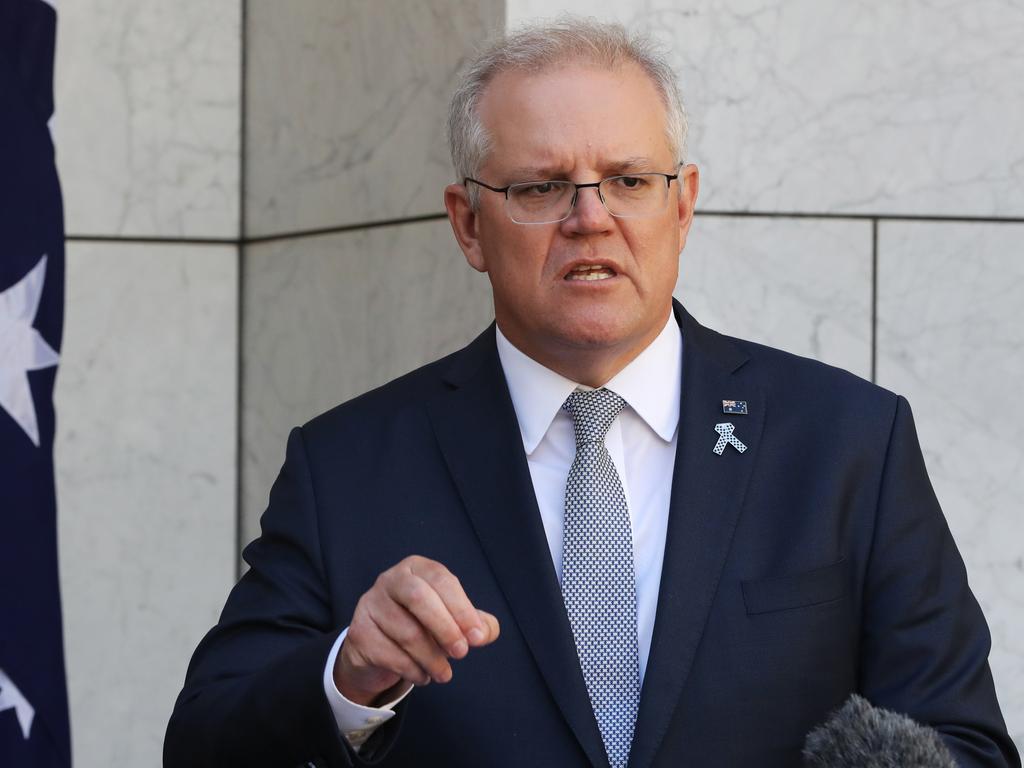
I know how former Patrick Corporation boss Chris Corrigan would have responded but Michael Jovicic, the current CEO of Patricks, is not as aggressive. And his two shareholders Qube and Brookfield may be cautious.
While there is no way they will accept the Maritime Union of Australia’s sudden peace offer, they will now negotiate before going before going before Fair Work Australia deputy chairman Geoff Bull, a former BHP executive. Regardless of the outcome I think it’s important to understand the issues that the dispute raised because it goes towards determining the future of the nation.
The peace offer was sudden and came 24 hours before Bull was set to decide whether to continue to allow the heavy blows currently being landed on the COVID-19-racked Australian economy by the waterfront unions.
And the Bull decision would revolve around whether the actions of the waterfront unions were having a “significant” impact on the economy under Fair Work Australia statutory rules.
If Bull decided that under the Fair Work Act the waterfront union blows to the depressed nation could continue then arguably, that decision would have reduced the impact of the budget and its huge deficit. That would mean that changing the Fair Work Act was imperative so that the way the word “significant” is defined under law corresponds to what almost everyone in the nation believes. These issues increased the likelihood that Bull would have stopped the strikes.

The story of how we got into this mess is as much a story of bad waterfront management as it is union power.
The stevedoring company at the centre of the dispute Patrick Corporation says that, on average, a full time employee at Port Botany who is on a 35-hour roster earns $172,124 per annum inclusive of bonuses and overtime. The average number of days worked for this is 198. In other centres the average pay is less but so are the hours worked. The unions dispute those figures so they will have to be proved . But these are high paid workers.
Patricks says the unions demanded they be paid annual 6 per cent salary rises for the next four years plus a very long list of other demands. The union says this was an ambit claim. However no other major employment area in the country would contemplate such an enormous salary rise given the tough economic times we now are suffering.
But after long negotiations, until now, the unions would not budge and implemented a wide series of bans and stoppages to cripple the waterfront and strangle the nation.
At the moment the waterfront unions can take protected industrial action because their enterprise agreement has expired—ie what they are doing is legal. But if the Fair Work Commission decided that the heavy blows being inflicted on the nation were having a significant impact on the economy then they can stop the action and the parties must negotiate.
By all community definitions the waterfront actions are having not only a significant impact on the economy, but when combined with COVID-19 it is a disaster
And Patrick’s rival stevedores have been “softened up” and they too are way behind and so there can be no transfer of work. If Bull allowed the union action to continue there were only two obvious alternatives ---- Patrick to lockdown their entire stevedoring operations around the country so there was no doubt about there being a “significant” impact, or a change in the act - obviously not easy.
To discover what was actually happening all Geoff Bull had to do was to go out into the community, concentrating on rural areas but also in the building, food, medicine and other sectors.
We have been very foolish to be so overly dependent on imports but our government’s plans to stimulate manufacturing will take time. And in an increasingly competitive world for exports we need an efficient and reasonably rewarded waterfront.

These days Chris Corrigan resides in Switzerland but in 1998, when he was in charge of Patrick, after a bitter dispute the company regained control of the management of the waterfront from the unions. We were set for an efficient waterfront.
But some two decades later, in 2007, Patrick became owned by a group known as Asciano, which saw the operation as one that could pass on costs. Accordingly in each enterprise agreement it gave away more management control to the waterfront unions.
In 2016 when Patrick was sold to Qube (an infrastructure company then chaired by Chris Corrigan) and Brookfield, they found that in the Patrick operation unions again controlled key parts of the business. The waterfront unions may have believed that given Chris Corrigan has retired to Switzerland that Patricks owners Qube and Brookfield would follow the Asciano pattern and simply give in rather than allow severe and significant damage to an economy already in recession.
But the unions have suddenly realised they faced a danger---Bull would be under enormous community pressure to stop the carnage. If Geoff Bull declared that the economic blows must stop then the parties must return to negotiation, there was no way Patrick will give into the first set of outrageous union demands or anything like them.
So, after about two months the union would be forced into arbitration. When the arbitrators see the enormous highly-paid workforce with current working hours and incredible conditions it is actually possible the wages may be reduced, not increased and more reasonable conditions imposed. That might seem unlikely but it was possible. So for the union it was time to retreat, but to be ready to fight again.






Suddenly this week the waterfront unions found themselves cornered and stepped back with a peace offer that gives them 12 months breathing space before attacking again.